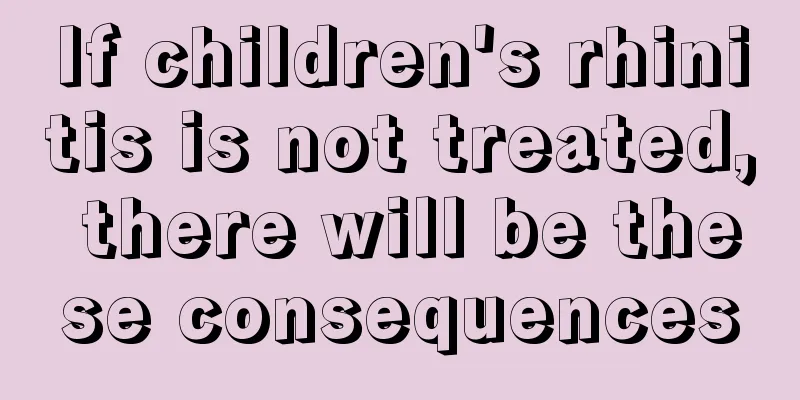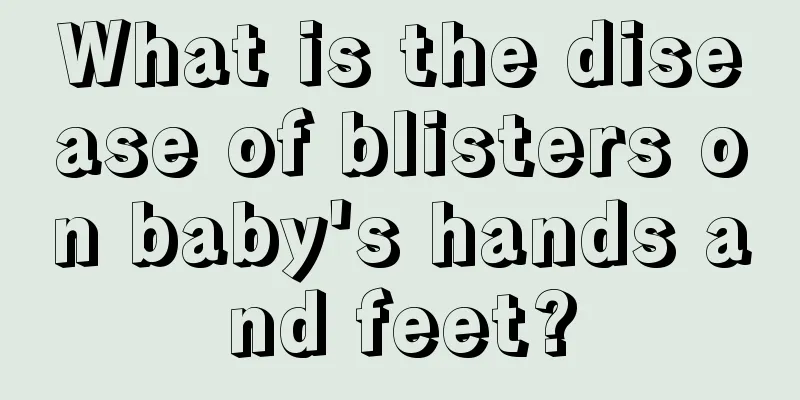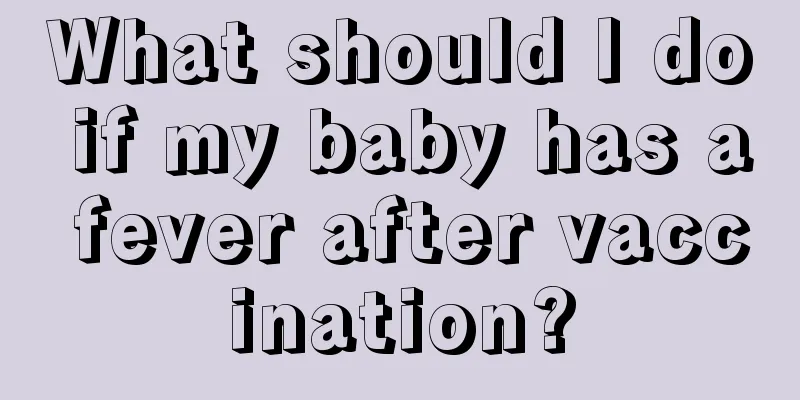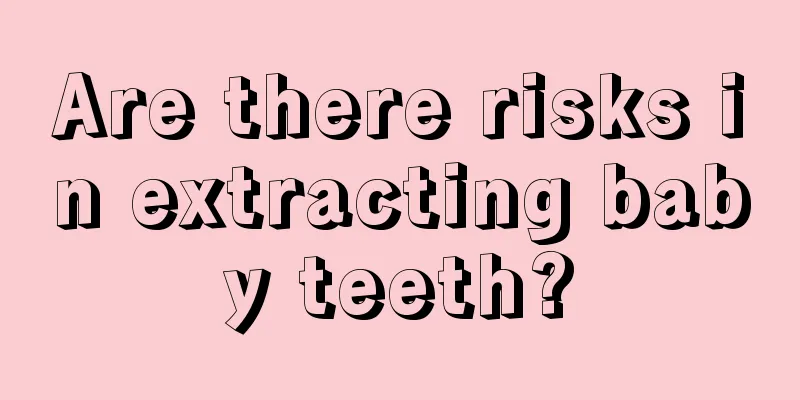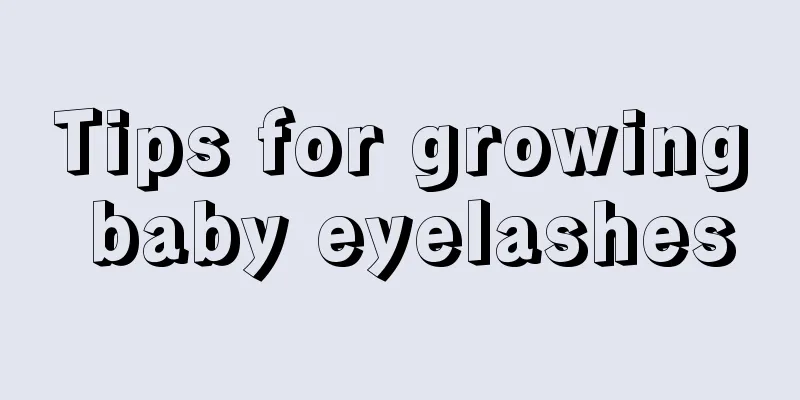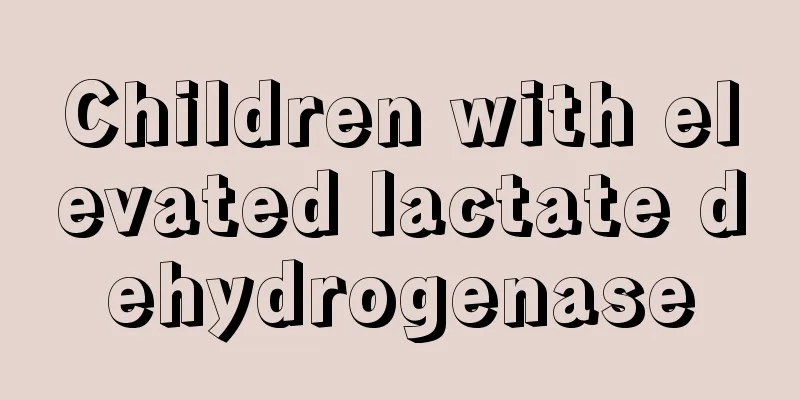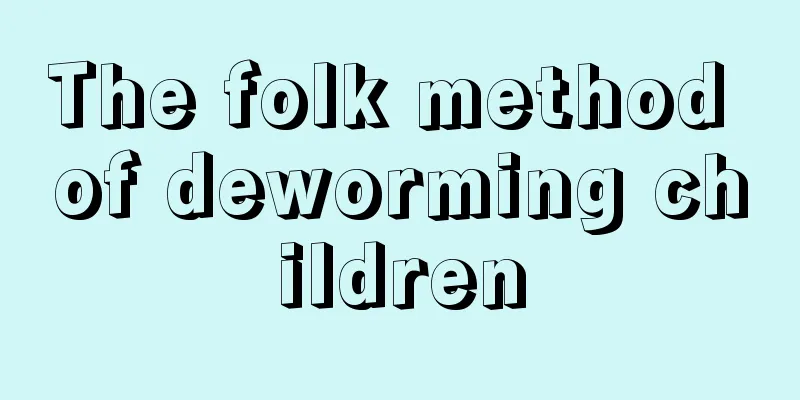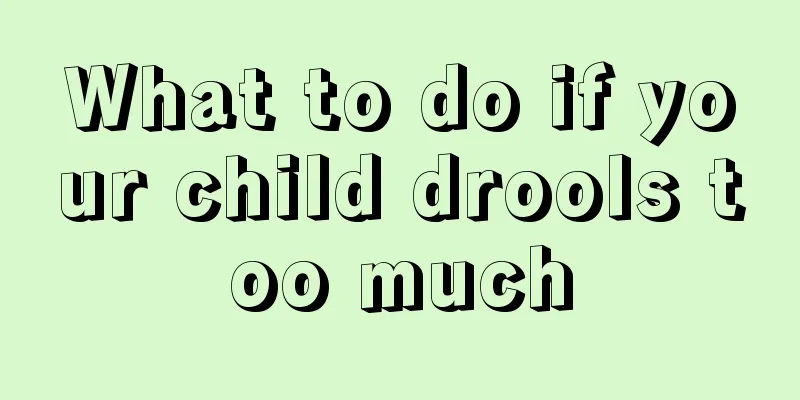What are the symptoms of teething in babies?
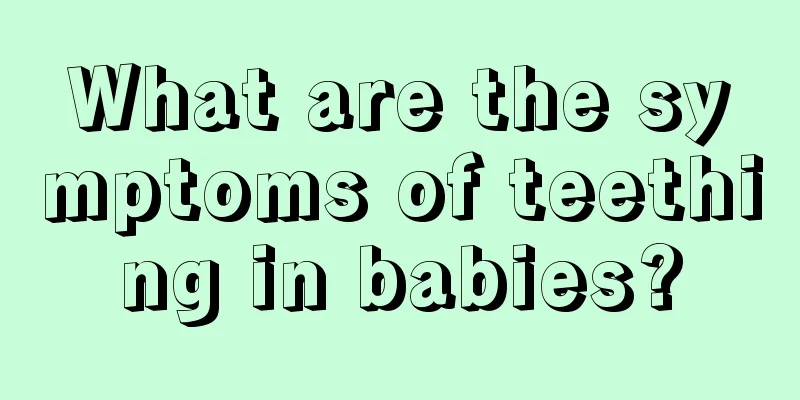
|
In fact, the teething period is really important for babies, and adults need to supplement babies with vitamins and calcium in time. Because of gum discomfort, babies may bite their lips and tongue, which not only bites themselves but also causes buck teeth. Parents should pay more attention to their baby's every move and stop it once they find their baby touching their lips. So, do you know what symptoms your baby has during teething? Sucking fingers and biting nipples. Babies in the teething period will like to chew things because their gums are uncomfortable. It usually manifests itself as a love of biting the mother's nipples, pacifiers and their own fingers. This is because when the teeth erupt, the gums are stimulated to become congested and edematous, and the baby's gums become itchy and other discomforts. Relieve the itchy discomfort by biting the nipple or sucking the fingers. During this period, you can give your baby clean gauze, rubber stick toys or harder food, and let your baby chew these things to relieve the discomfort of itchy gums. Increased saliva. When teething, your baby's saliva will increase significantly. At the beginning, the baby's salivary glands are underdeveloped and the amount of saliva is small. When teeth start to erupt at 6-7 months, the eruption of teeth makes the gums itchy and the saliva secretion increases significantly, so the child has a lot of saliva when teething. Because babies' oral cavity is not deep enough, their nervous system development and swallowing reflex are poor, and their ability to control the flow of saliva in the mouth is poor, they often drool. In this case, you should wipe it dry in time to keep the skin of your lower lip dry and clean. As you age and your teeth erupt, drooling will gradually disappear. Teething hematoma. If your baby's gums are swollen, it may be that the baby is about to teethe. These swollen areas mainly appear at the incisal edge or cingulate surface of the teeth that are about to erupt. The surface is bluish-purple and the swelling ranges vary in size. The swelling is caused by the accumulation of blood under the gums when the tooth breaks through the dental follicle during tooth eruption. It looks like a small hematoma, called eruption hematoma. Generally there are no subjective symptoms, no special treatment is required, and it can be absorbed on its own.Do you understand what symptoms your baby has during teething? In fact, you don’t have to worry too much about the various symptoms your baby has during teething. For example, fever is a normal thing and parents don’t need to be overly anxious. However, if the baby has a repeated fever or a high temperature, it is recommended to see a doctor in time. At the same time, physical cooling can be adopted, such as wiping the baby's armpits and carotid artery with warm water. |
<<: What are the symptoms of teething in babies?
>>: What should I do if my baby has a fever during teething?
Recommend
White spots on baby's legs
Although melanin can make the skin darker, dull a...
When is the period for children to change their teeth?
Some children need to pay attention to the tooth ...
The dangers of having an IV in children
When it comes to indwelling needles, I think most...
Can children's freckles really be removed?
Every parent hopes that their child will grow up ...
What should I do if my child has lymph nodes on his head?
The structure of the human body is quite complex,...
What to do if your child sprains his foot
We all know that children's bodies are fragil...
Can deciduous teeth be extracted?
Many children often like to eat sweets and do not...
What should I do if my child feels phlegm in his throat?
Children often suffer from one disease or another...
What to do if your child has molluscum
Molluscum is an infectious skin disease caused by...
What methods should be used to treat diarrhea in children?
There are many reasons for diarrhea in children, ...
What is the cause of the white spot on the child's head?
The head is a very critical part. If white spots ...
What should I do if my four-month-old baby has yellow urine?
Generally speaking, when the human body is in a h...
Hand, foot and mouth disease recipes
Hand, foot and mouth disease is contagious, so tr...
Baby diarrhea pus balls recurring
If the baby has repeated diarrhea, parents must p...
The main cause of polycystic kidney disease in infants
What is the main cause of polycystic kidney disea...
